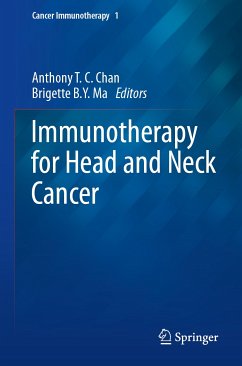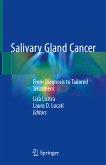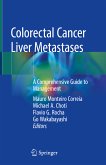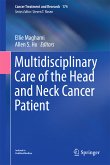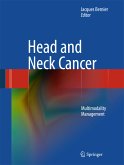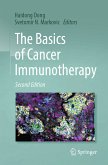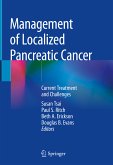Head and neck cancer is a biologically diverse group of cancers that bear a common hallmark - evasion of host immune surveillance through innate or acquired mechanisms. The etiological association between the Human Papilloma virus (HPV) and some squamous head and neck cancers, the Epstein-Barr virus (EBV) and nasopharyngeal cancer has provided further impetus for evaluating immunotherapy in this group of cancers. The successful development of anti-programmed cell death protein-1 (PD-1)/ ligand (PD-L1) and CTLA-4 antibodies in solid tumours has gradually brought immunotherapy into mainstream oncological practice in recent years. Besides immune-checkpoint proteins inhibitors, other forms of immunotherapy such as vaccines, EBV or HPV-targeting therapies and cellular therapies are actively being investigated in clinical trials, either alone or in combination with other conventional treatments such as radiotherapy, chemotherapy and surgery. In clinical setting, the practicing oncologist need to be familiar with some unusual patterns of immunological response such as pseudo-progression and hyper-progression in patients with head and neck cancers who are undergoing treatment with immune-checkpoint inhibitors. Furthermore, the unique side effects of immune-checkpoint inhibitors such as autoimmune toxicities need to be recognized early and treated expediently. The development of biomarkers in predicting response to immune-checkpoint inhibitors has played pivotal roles in selecting patients for immunotherapy in practice or as an enrichment strategy in clinical trials. There are now emerging data on the clinical utility of biomarkers such as PD-L1 expression (Combined Positive Score), gene signatures and tumor mutational burden.
This book is an invaluable companion to all those who are involved in research and clinical management of patients with head and neck cancers from any endemic regions.
Dieser Download kann aus rechtlichen Gründen nur mit Rechnungsadresse in A, B, BG, CY, CZ, D, DK, EW, E, FIN, F, GR, HR, H, IRL, I, LT, L, LR, M, NL, PL, P, R, S, SLO, SK ausgeliefert werden.

